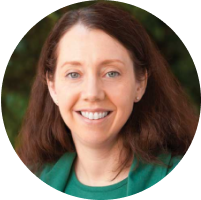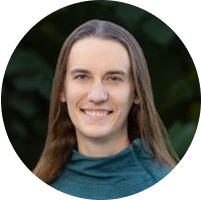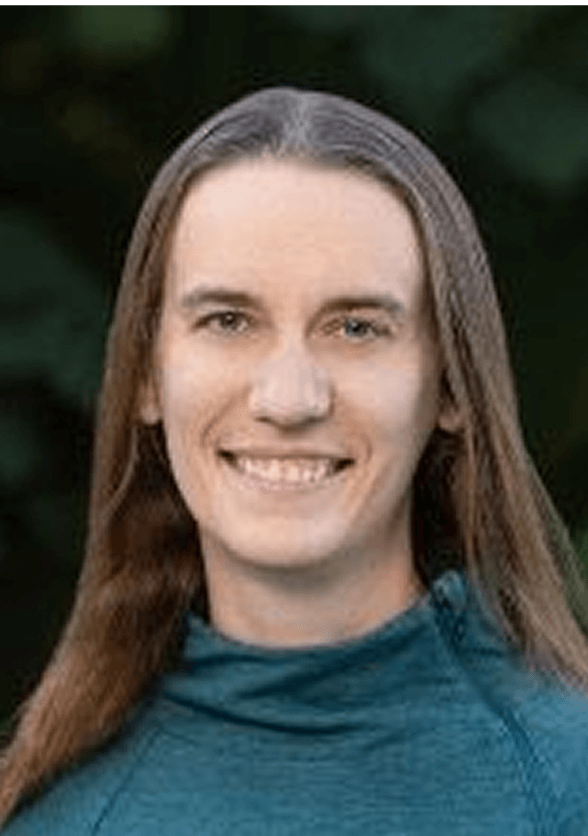
Welcome to PROACT!
PROACT stands for Preventive Risk Outreach And Cascade Testing. Our goal is to help families learn about cancer risk & how to protect themselves from cancer.
You were referred to PROACT by your Genetic Counselor at Stanford. Sign in if you already have a PROACT account.
How PROACT Works
STEP 1
Your genetic counselor refers you to the PROACT program. The referral includes: information about cancer risk in your family & the family members who could benefit the most from PROACT.
STEP 2
You use the PROACT program to:
Share information with your family about cancer risk and offer your family members the choice to get low-cost, at-home, saliva (spit) genetic testing.
STEP 3
Your family members can use PROACT to:
Learn about family cancer risk and genetic testing and decide if they would like genetic testing and counseling to learn about their personal cancer risk and how to protect themselves from cancer.
PROACT offers a new way for families to:
Learn about cancer risk and how to protect themselves from cancer
Get access to low-cost, at home, saliva (spit) genetic testing
PROACT makes learning about cancer risk easy for you and your family members.
Who We Are

Allison Kurian, MD, MSc
Professor of Medicine and Epidemiology & Population Health
Director, Women’s Clinical Cancer Genetics Program
Dr. Kurian is a medical oncologist and experienced researcher in the identification and management of women with elevated breast and ovarian cancer risk. Her research also focuses on developing techniques for early cancer detection and cancer prevention.

Jennifer Caswell-Jin, MD
Assistant Professor of Medicine
Dr Caswell-Jin is a medical oncologist and an expert on breast cancer, cancer genetics, and genomics. Her research focuses on developing personalized approaches to the care of people with or at high risk of breast cancer.
The PROACT program was created by the Stanford Medicine and is supported by the Bright Pink foundation and operated in collaboration with the University of Michigan.







